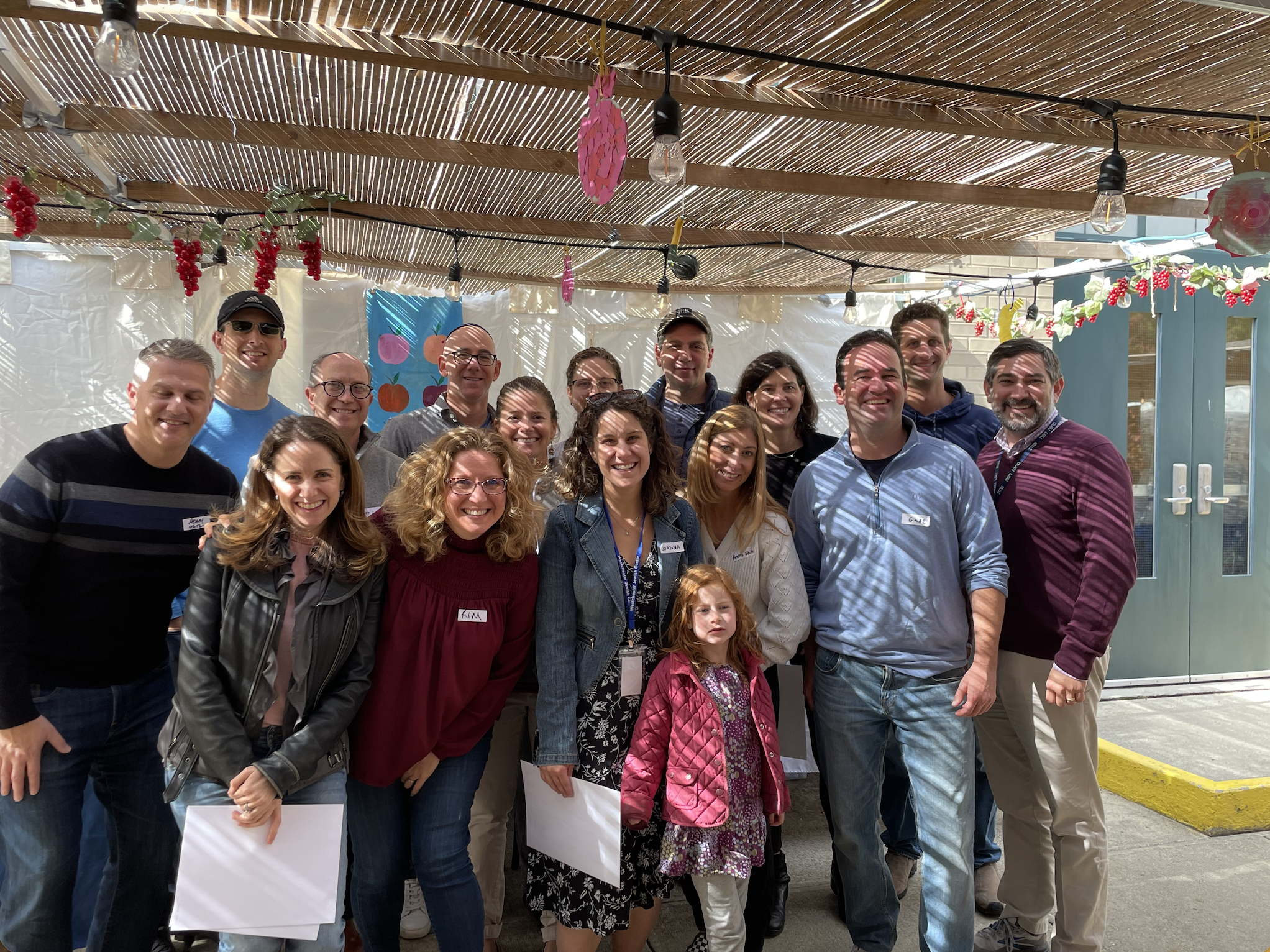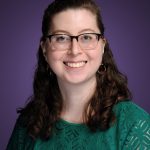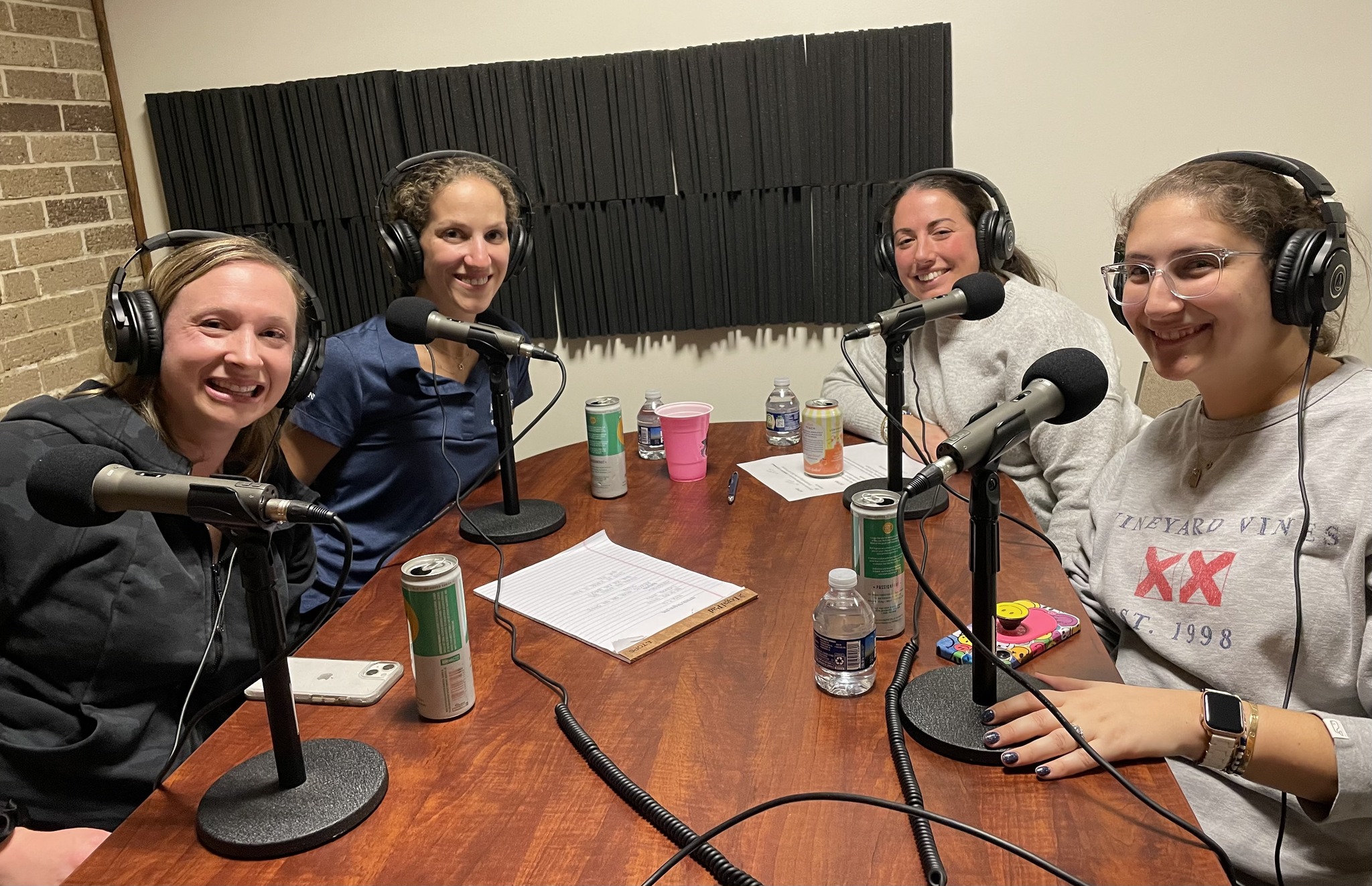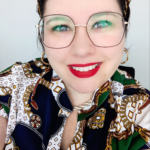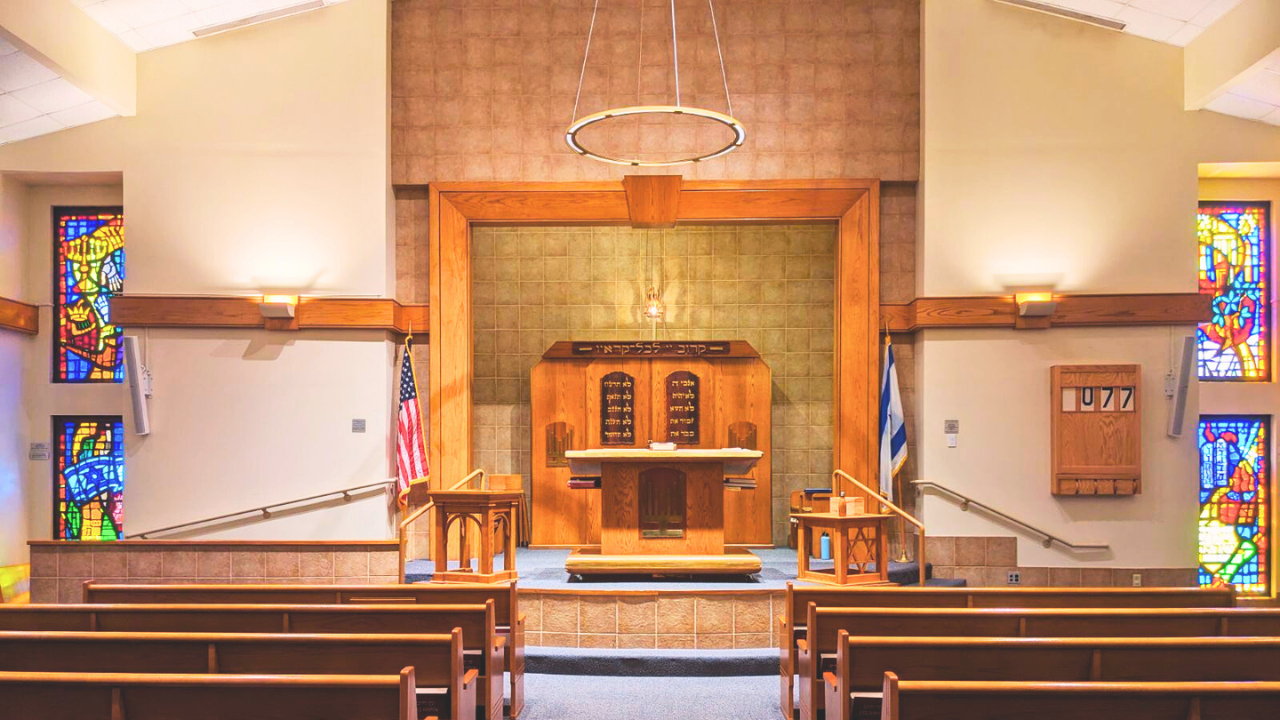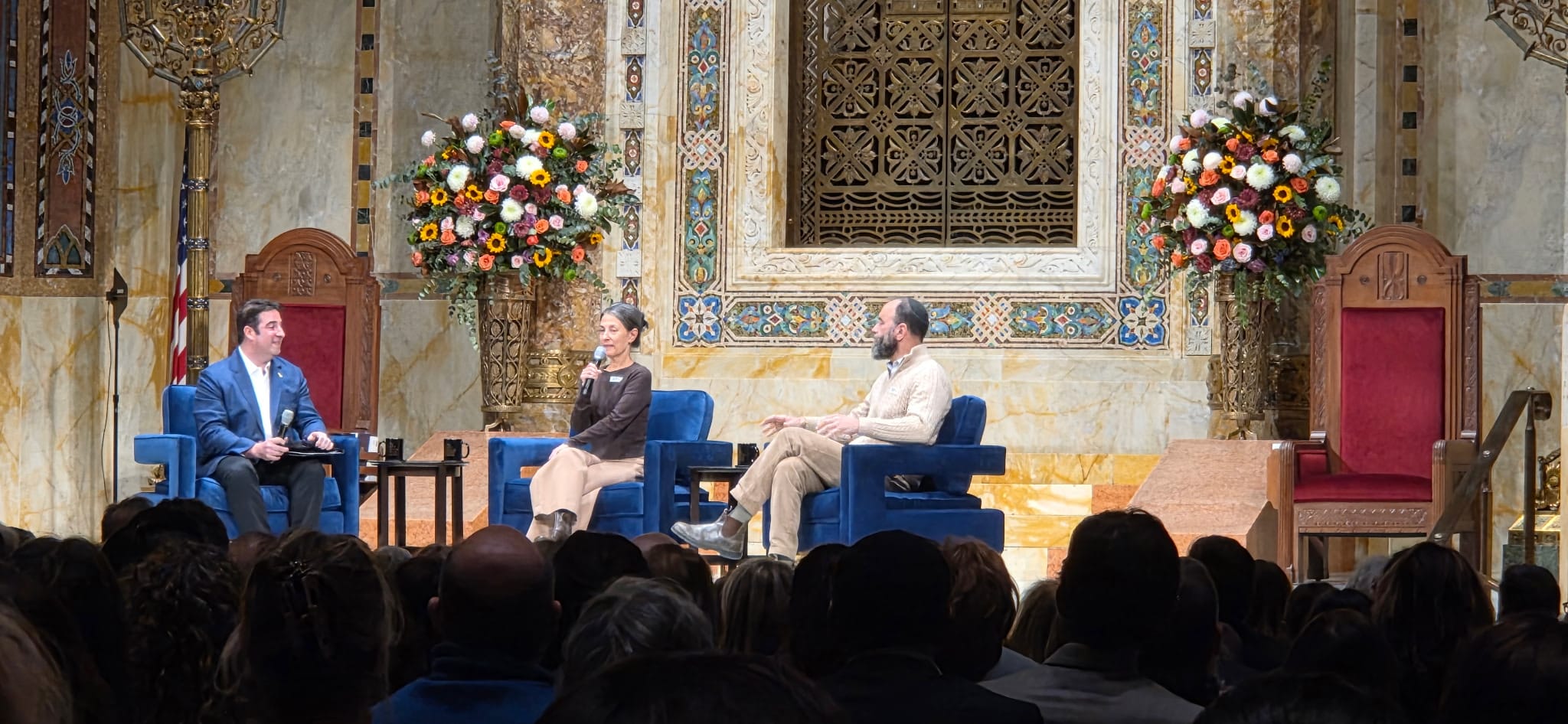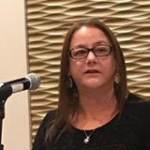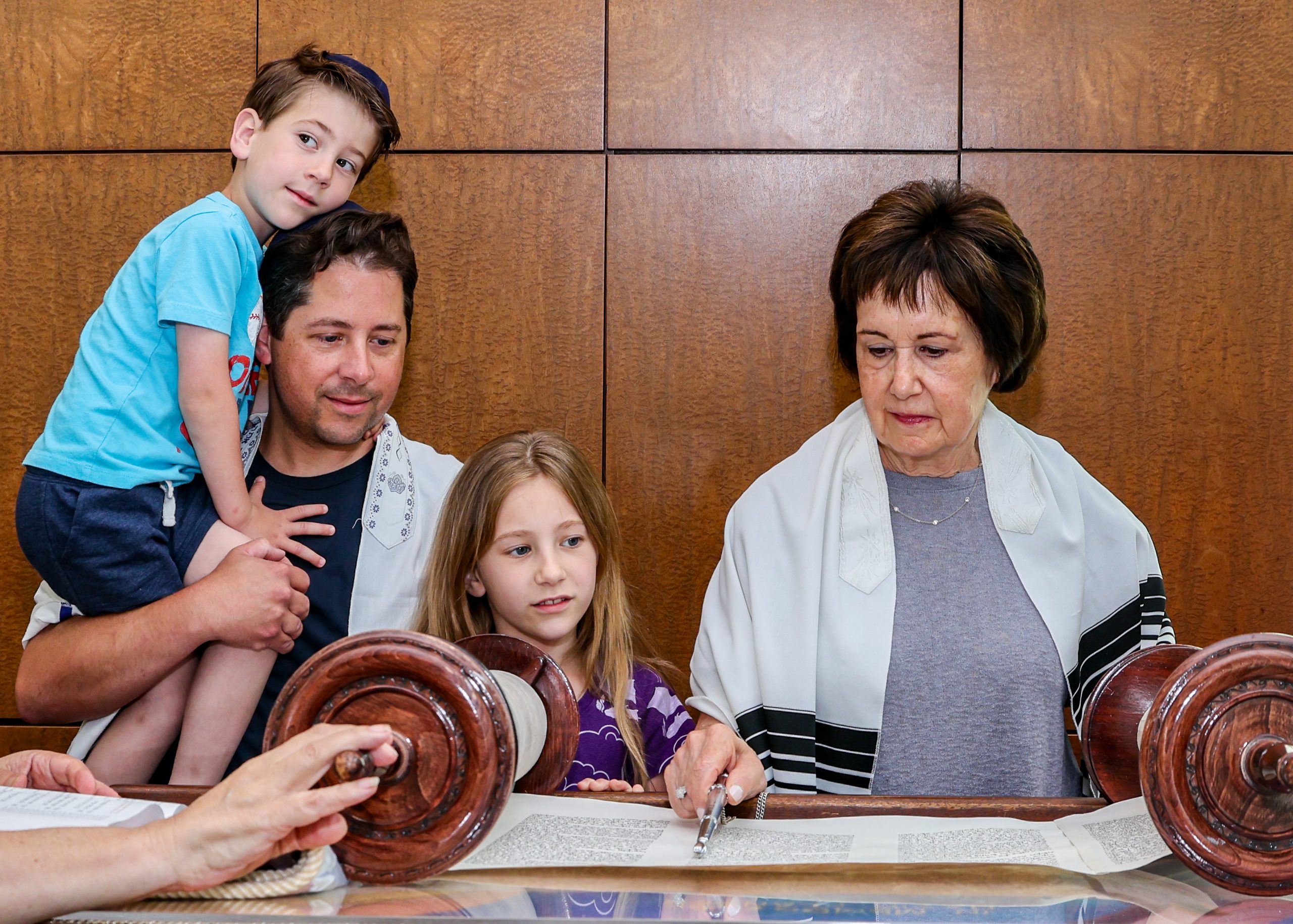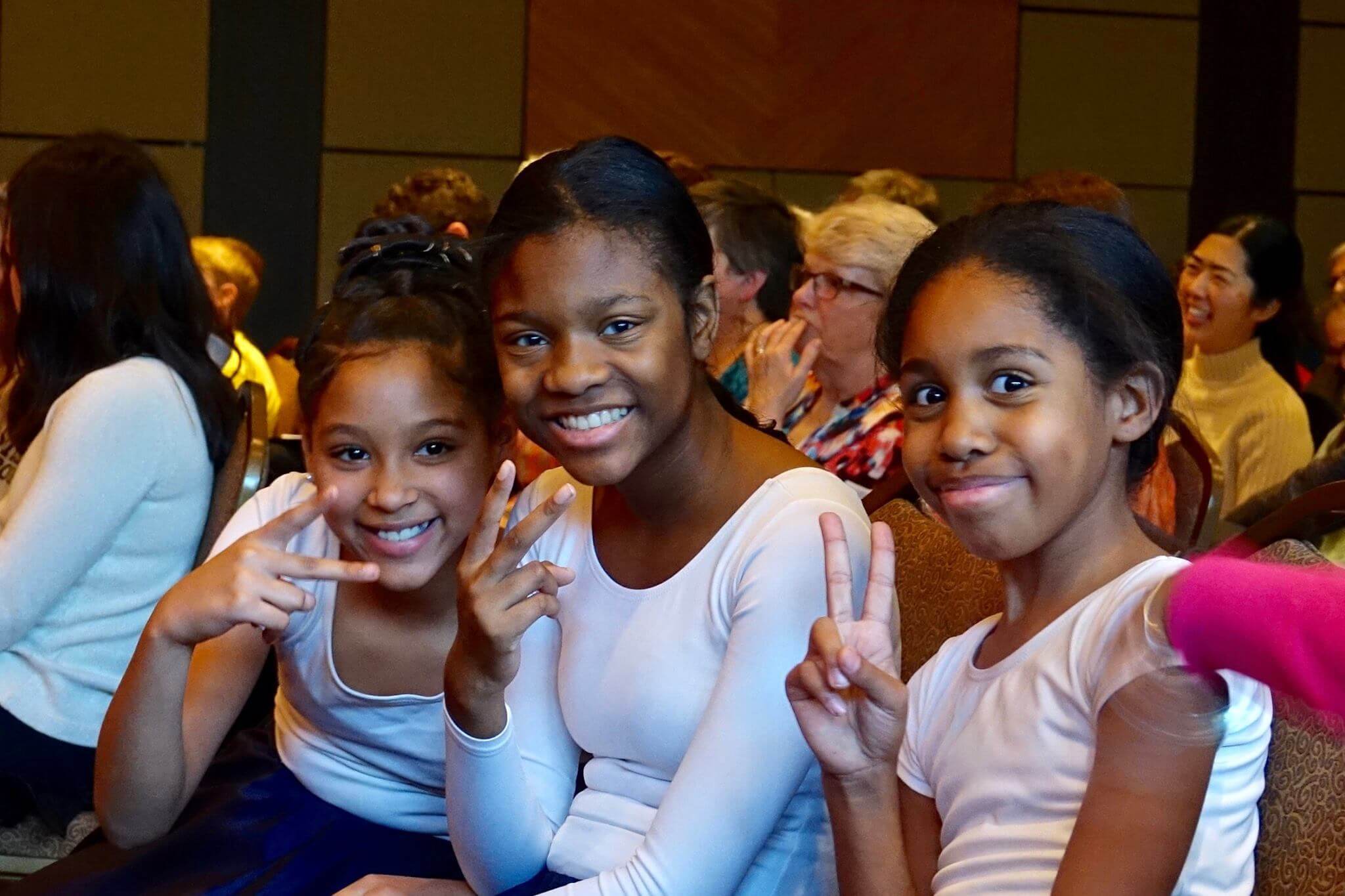
Tehran Freeman is a dreadlocked, 30-year-old rapper from the city of Chester, PA. Bonnie Breit is a gray-haired member of Congregation Ohev Shalom in the neighboring upper middle-class suburb of Wallingford. Now here they are, sharing stories, family photos and friendship over coffee in a local Starbucks.
Unusual? Maybe to some.
But if you know anything about Congregation Ohev Shalom and their Solomon Schechter Award Winning program, FUSE, this scene is not at all surprising.
FUSE is designed to foster understanding and deeper relationships among Jews, Presbyterians, Quakers, Muslims, and African Americans — creating a shared sense of destiny and purpose across religious, racial and geographic lines.
It succeeds because it’s built on conversations.
The Missing Piece from Most Inter-Community Programs
Explains Ohev Shalom Rabbi Jeremy Gerber, a FUSE founder, “Partnering to build a house or to bring food or to start a garden, that happens in the community. What wasn’t happening is just talking.”
FUSE stands for Fellowship of Urban Suburban Engagement. Rabbi Gerber sees the program helping to “fuse” the communities of Chester and Wallingford back together. (Ohev Shalom was founded in Chester almost 100 years ago.) “FUSE can be the spark that makes a difference and leads to real change.”
FUSE grew out of the nostalgia and concern that many Ohev Shalom members felt for Chester. Once a thriving community, home to many of the congregation’s older residents, Chester now has one of the highest per-capita crime rates in the country.
The program engenders deep, honest, unprejudiced conversations both across and within communities. At the same time, it builds relationships between individuals of different backgrounds.
Launching with No Preconceived Notions
The first FUSE event, called World Café, took place on October 12, 2015. Being Columbus Day, many people were off from work and about 100 residents from the Chester and Wallingford areas came.
There was a facilitator, but no agenda.
Rabbi Gerber explains, “Enough groups have come into Chester and said, ‘We’ve got a logo, we’ve got a plan, we’ve got two years of funding and this is what we’re going to do for you. That’s not what the people of Chester want.”
FUSE, instead, said: “we want to work with you; you tell us what you need.”
The groups spoke about race and racism, violence, community needs and the black/white-urban/suburban divide. “What narratives have you heard about your communities?” the facilitators asked. “What stereotypes do you have?”
Opening Eyes and Minds
Ohev Shalom congregants met people who had lost parents, siblings and children to the violence in Chester. At the same time, they learned that there is still a great deal of civic pride. Many Chester residents love the city as much as Ohev Shalom members once did. Congregants also heard about the town’s surprising lack of even the most basic resources, including a grocery store.
African Americans got to hear Caucasian Jews talk about their own issues. What’s it like to be in the majority at some times and in the minority at others? Chester residents didn’t know that Jews had been legally barred from buying homes in many local neighborhoods. Or that there were, and still are, country clubs that Jews cannot join.
“I’ve been waiting 50 years for this conversation,” one Chester resident told Rabbi Gerber.
From Community-Wide to Personal
At the end of the event, the facilitator opened another door: “If there is someone in this room that you have never met before and you would like to have a conversation, we invite you to share your phone number or email.”
That’s when Tehran approached Bonnie. He had never come across anyone like her, a woman who grew up in the South and experienced desegregation firsthand.
That day, a Presbyterian minister from neighboring Swathmore also became friends with a Chester community organizer. In all, ten pairs connected at the World Café.
Now called Unprejudiced Conversation Dinners, these meetings take place every month, alternating between locations in Wallingford and Chester. People continue to share emails and phone numbers.
A grant from Presbyter of Philadelphia — a confederation of more than 300 area churches — pays for the gift cards that participants use to buy that first cup of coffee or meal.
“If I pick up the tab,” explains Bonnie, who is also on the FUSE Steering Committee, “I’m in a power position. The next time, it’s supposed to be your turn and you may have to make the choice of having a conversation with me or putting minutes on your phone or paying for your kids’ lunch. The gift cards remove that inequality and set us both, at that moment, on a level playing field.”

